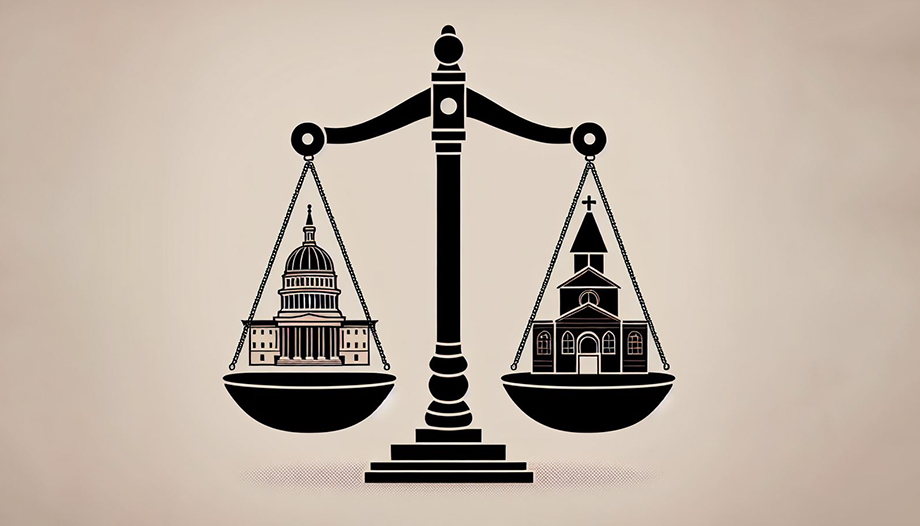I had the immense good fortune of being a student of Cardinal Fernando Sebastián, a true man of God who was a key figure in the political transition in Spain. In contrast to the majority thinking, he explained to us how it was precisely the Church that put the most effort into the separation of Church and State.
Rector of the Pontifical University of Salamanca since 1971, his enormous intellectual stature led Cardinal Tarancón, then president of the Spanish Episcopal Conference, to choose him as his trusted advisor. He accompanied him in the secret meetings he held with the main leaders of the left and right, some of them still in hiding. Ordained bishop in 1979, he was secretary general of the Spanish bishops in the 1980s and vice-president in various periods of the following two decades. An exceptional witness and, on numerous occasions, a protagonist of those historic events, he reminded us that the social and political doctrine that emerged from the Second Vatican Council was key to bringing Spain to democracy in a peaceful manner.
In the famous text: Affirmations for a time of searching (1976)Fernando asked "to differentiate the Church from civil society, from its institutions and objectives". The position of the Church at that time was not to accept any type of privilege, beyond religious freedom and the recognition of the Catholic Church in a non-confessional state, as was finally included in the Constitution of 1978.
I recover the memory of the wise and beloved professor because I am a bit fed up, as a citizen, of having to keep quiet when some try to present an anti-democratic image of the Spanish Church. This prejudice of a Church greedy for political power, which only seeks privileges and does not value freedom, is a big lie, no matter how much they can always bring out with a lot of noise the particular outrage of this or that person or minority group.
In his "Memories with Hope" (Encuentro, 2016), the Cardinal expressed his sadness for this manipulation of the memory of the role of the Catholic Church in those difficult years: "I have the impression that nowadays the contribution of the Church to the peaceful advent of democracy in Spain has been somewhat forgotten. The conciliar renewal -he recalled- helped us Spanish Catholics to decisively support the establishment of a free and open society, respectful of the political, cultural and religious freedoms of all, without privileges of any kind".
What is paradoxical is that those who continue today with the refrain, using the supposed privileges of the Catholic Church and demanding an even greater separation Church-State, are on the other hand turning the tables and wanting to submit the faith of the Church to the moral and ideological assumptions of the party. It is no longer that they want to confine the voice of the Church to the sacristies; it is that they want to be the ones who, from the sacristies, interpret the Gospel and the ecclesial tradition and explain it to the faithful. In a sort of extemporaneous caesaropapism, they threaten with coercive laws and sanctions, intimidating the personnel and endangering religious freedom, the one for which the Spaniards fought and voted, invading the independence and autonomy of the religious confessions in their own sphere.
Perhaps we should take to the streets to demand, not the separation of Church-State, but the separation of State-Church, because if we continue in this way, we will run the risk of ending up with a national church like China.
In days like these, in which the Transition is being re-read in a self-interested way, I end with another prophetic warning that I have found in the memoirs of D. Fernando, whose death, by the way, has just been six years ago: "We have not just overcome the anti-clerical resabios," said the wise professor. It is true that clericalism has been strong among us. But things have changed almost fifty years ago. In spite of which our leftists are still determined to impose what they call the "secular State", with an excluding and anti-religious secularism that is clearly unconstitutional. The temptation of exclusionary secularism threatens the democratic clarity of our society. Restrictions to the full religious freedom of citizens are a deficit in democracy". Be careful, we are at stake.
Journalist. Graduate in Communication Sciences and Bachelor in Religious Sciences. He works in the Diocesan Delegation of Media in Malaga. His numerous "threads" on Twitter about faith and daily life have a great popularity.







